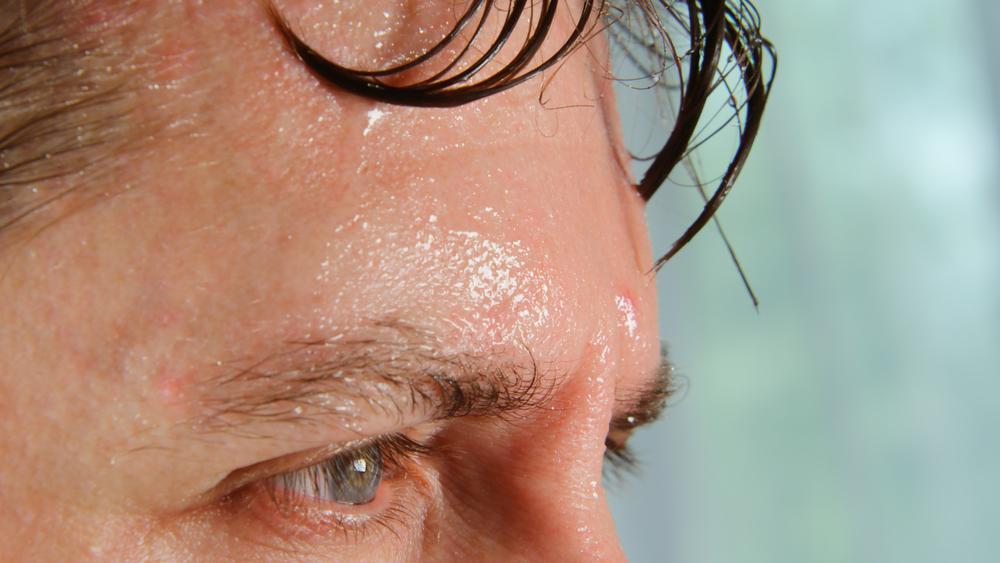
Written by:

Medically Reviewed by:
Last Updated:
March 5th, 2025
Detox | Withdrawal and Detox Timelines
- Select
- Addiction
- Detox
- Rehab Treatment
Detox is the first step in most treatment programmes, focusing on the physical side of your addiction, tackling any withdrawal symptoms, and expelling harmful substances from your body, usually with the assistance of medication. Whether you require detox from alcohol, drugs, prescription drugs or legal highs, this initial stage is vital to ensure your health and wellbeing throughout recovery and onwards.
Substance detoxification can be a daunting process that often inhibits those in need from seeking the help they require – but it doesn’t have to be that way. With the right preparation and support, you can overcome the detox phase of your recovery. It’s time to break the cycle and begin your journey to sobriety.
What is detox?
If you have been consuming drugs or alcohol for a long time, your body and brain will have undergone significant changes. Over time, the levels of dopamine and serotonin produced by the brain adjust as it becomes reliant on substances to satisfy these needs instead, resulting in dependency. Detox is the process of cleansing your body from a harmful substance through abstinence. For some substances, medications can be administered to ease the process and reduce withdrawal symptoms.
Withdrawal symptoms
You are likely to experience unpleasant side effects if you try to stop taking a substance of abuse. These side effects are known as withdrawal symptoms and may vary in severity depending on the age and physiology of the person addicted, the type of substance being consumed, the duration of your use, the dosages being consumed and the method of consumption.
Withdrawal symptoms may include:
- Increased heart rate and blood pressure
- Nausea and diarrhoea
- Stomach cramps
- High temperature
- Muscle aches and pains
- Shaking, shivering, and sweating
- Headaches
- Fatigue
- Insomnia
- Restlessness
- Vivid bad dreams
- Irritability and mood swings
- Anxiety and depression
- Cravings for the substance
In more severe cases, you may experience hallucinations, delirium and even seizures. You should be prepared to deal with these symptoms and seek professional medical help during this time.
What happens during detox?
While every individual is unique and will experience addiction detox and withdrawal differently, this stage of recovery will typically last for one to two weeks. Symptoms usually begin to decline in the second week of detox as the body rids itself of toxins.
During this time, a doctor may provide various medications to prevent any dangerous side effects. Benzodiazepine, or another antiepileptic medication, for example, may be administered to prevent seizures. You may also be given neuroleptic medications to pacify any agitation or discomfort, and nutritional supplements will resolve nutrient deficiencies often seen with substance abuse.
One of our Primrose Lodge clients, Ellen, shared her addiction detox experience with us, saying:
“Because you take medication and everything is done for you in rehab, it was good for me. I was a mess and couldn’t put my own socks on, so I needed that routine. Having that space away from life made it an awful lot easier.”
Our team of professionals take the stress away from you, allowing you to focus solely on your recovery. We will assist you every step of the way with 24/7 care, support, and medical attention, making your detox process manageable.
Can I detox at home?
You may be wondering if it is easier to detox at home – this could be due to feelings of shame, an unwillingness to discuss issues, or worries about the cost of a detox centre. Detoxing at home, however, can be extremely dangerous – the sudden cessation of substance abuse in those with a heavy reliance on a substance will likely result in severe withdrawal symptoms that can be fatal, including seizures and organ failure.
Without a medical professional on hand, the outcome could be deadly. Home detoxing can be a traumatic experience and could also lead to persistent depression and other mental health issues, including self-harm and even suicide. In other cases, addicts often relapse after experiencing unpleasant withdrawal symptoms. This can lead to an overdose as your bodily systems are unable to tolerate the substance dose after the detox period.
Relapse is far less likely to occur whilst undergoing a medically assisted detox at a specialist facility. You will also feel more comfortable as withdrawal symptoms are treated by medical professionals, making the whole process a lot more bearable.
The benefits of detox
Detox treatment breaks the cycle of substance abuse and allows your body and mind to start healing. It tackles the initial physical symptoms of withdrawal, cleanses the body of harmful toxins, and establishes a healthy foundation for your onward journey of recovery.
Benefits include:
- Improved mental health
- Better physical health
- Improved relationships
- Better work or school performance
- Complete focus on recovery
Detoxing plays a small but powerful role on your road to a clean and healthy life. Once you have taken the first step towards quitting and successfully combated the detox phase, you will have set yourself up to succeed in all of your future aspirations. At Primrose Lodge, you will have peace of mind knowing that your detox process will be safe, stress-free, and, most importantly, achievable.
How to handle detox
Navigating the addiction detox stage can be challenging, putting both your mental and physical strength to the test. There are some things you can do, however, to make the process easier.
These include:
- Having a support system – it is highly recommended that you seek professional help whilst you are detoxing. You may also talk to support groups and
- loved ones who can keep you motivated.
- Eating healthy foods – give your body the nutrients it needs to heal and rebuild.
- Exercising – this will help your body to rebalance dopamine and serotonin levels naturally.
- Resting – sleep is vital for your body to restore, and so you should aim for at least six hours of sleep every night.
- Staying busy – set daily goals or challenges for yourself. This will help keep your mind off of any withdrawal symptoms.
Most importantly, you should keep in mind that the detox and withdrawal symptoms will not last forever – take them day by day and stay focused on your end goal of a happy, healthy, and fulfilled life.
Next steps
Detox is the first stage of recovery, but unfortunately, this is not the end. While you have treated the physical aspects of your addiction with a detox programme, the next phase aims to treat the psychological. It is vital that you go on to complete your rehab treatment in order to establish the root cause of your triggers and learn ways to prevent relapse.
Recovery is often a lengthy and ongoing battle, but our team of specialists can bolster your chances of success.







